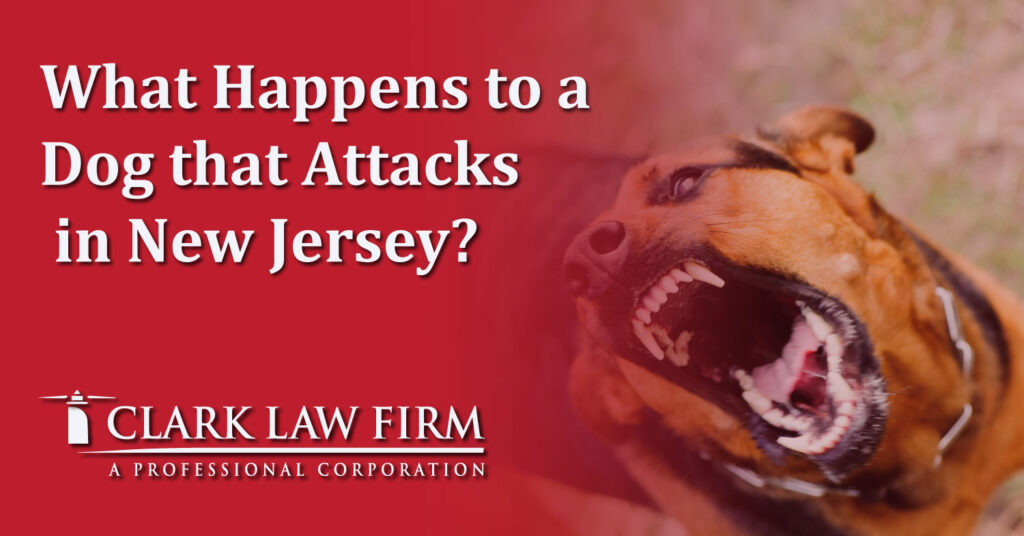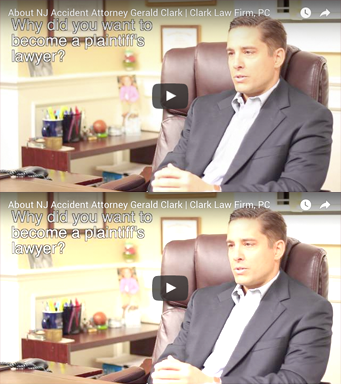What Happens to a Dog that Attacks in New Jersey?
According to New Jersey’s Vicious and Potentially Dangerous Dog Act, after a dog attacks, typically, a town’s animal control officer will seize the dog and impound it at an animal shelter (at times, towns may share Animal Control Services with other towns through Shared Services Agreements). The animal control officer will then notify the municipal court and the town’s health officer about the seizure of the dog. The animal control officer will attempt to locate the dog owner; if its owner cannot be located within 7 days, the dog may be euthanized. If located, the dog owner is given the option to have the dog euthanized or have a court hearing wherein the dog may be determined to be “vicious” or “potentially dangerous.”
If the dog owner decides to have a hearing, the municipal court judge will declare that a dog is “vicious” if it finds that the unprovoked dog killed someone or caused them serious bodily injury. In that case, the judge may order the dog owner to comply with certain requirements to protect the public or may order that the dog be euthanized.

The municipal court judge will declare a dog to be “potentially dangerous,” if it finds that the unprovoked dog caused serious bodily injury, killed a domestic animal, or poses a serious threat of serious bodily injury or death to a person or another domestic animal. A dog who is provoked or injured someone who was attempting to commit a crime, or killed a domestic animal who was the aggressor, or who was being abused or assaulted by someone or another domestic animal will not be deemed “potentially dangerous.”
The municipal court judge may order a dog owner whose dog is declared “potentially dangerous” to obtain a “potentially dangerous” dog license, to display a sign warning that a “potentially dangerous” dog is on the premises, to build an enclosure to house the dog, and/or to require the owner to maintain liability insurance to cover any damage or injury caused by the “potentially dangerous” dog.
While not required by statute, it is the practice of some towns to require the dog owner to pay restitution (veterinary and/or medical bills) before the dog is released from the animal shelter.
To learn more about dog bites and attacks, contact us today.
*This is not meant as legal advice. All cases are different, therefore it is strongly recommended that you consult an attorney before making any decisions or signing any paperwork.

